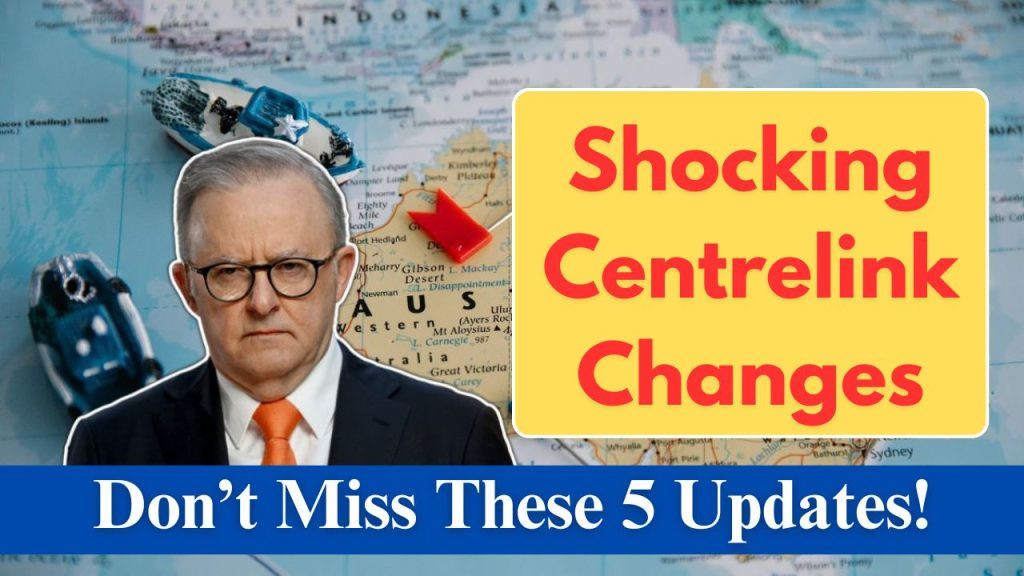ECB Rate Cuts: Holzmann's Critique of Economic Stimulus
Robert Holzmann, a member of the European Central Bank's (ECB) Governing Council, has voiced strong criticism against the recent interest rate cuts, arguing that such measures are misdirected if the sole intention is to boost economic activity. He underscored the ECB's primary mandate, emphasizing that price stability remains its paramount concern.
The ECB's Mandate: Price Stability Over Economic Growth
Holzmann, known for his hawkish stance within the ECB, stated unequivocally that stimulating economic growth is not within the central bank's purview. In a pointed interview with Austrian state broadcaster ORF, he declared, “It isn’t the job of the ECB to boost the economy, the job of the ECB is price stability.” He further clarified that lowering interest rates to artificially stimulate the economy would contradict the ECB's established position.
Holzmann's Hawkish Viewpoint
Holzmann's comments come on the heels of four interest rate reductions since June, signaling a shift towards a more accommodative monetary policy. However, Holzmann's perspective is in stark contrast to the expectations of some policymakers. Internal sources indicate that further rate cuts are anticipated – a quarter-point decrease in January and potentially another in March. This divergence of opinion highlights the internal debate within the ECB concerning the optimal monetary policy response to current economic conditions.
The Context of Recent Rate Cuts
The ECB's decision to lower borrowing costs reflects the prevailing economic climate. The recent economic data might indicate a slowing growth rate, triggering the perceived need for intervention. However, Holzmann's perspective challenges the assumption that rate cuts are the most effective approach, highlighting a fundamental difference in opinion about how to manage economic challenges.
Weighing Economic Risks
The current economic landscape presents a complex challenge for policymakers. The Federal Reserve, for example, has initiated its rate-cutting cycle. While Wall Street anticipates a conclusion to quantitative tightening by March 2025, the uncertainties remain. The situation is further complicated by varying regional economic performance. For instance, the UK experienced strong growth in the first half of 2024, but the economic outlook is uncertain. In the face of such uncertainty, Holzmann's assertion raises crucial questions about the effectiveness and potential drawbacks of relying solely on interest rate cuts to address economic challenges. The yen’s recent weakness, for example, underscores the complexity of global currency markets, which are affected by many things.
Navigating the Complexities of Monetary Policy
The ECB's approach to monetary policy reflects a delicate balancing act between price stability and economic growth. Holzmann's sharp criticism underscores the internal tensions and complexities inherent in navigating the often-conflicting goals of a central bank. The debate extends beyond the ECB, as evidenced by varying approaches of other central banks globally. For instance, Brazil's central bank recently intervened in currency markets amid concerns about fiscal stability. These disparate approaches underline the lack of a universally accepted policy prescription for the current global economic environment. President Xi Jinping’s recent overtures to work with the U.S. on trade disputes demonstrate that international cooperation is crucial in maintaining global economic stability.
The Road Ahead: Uncertainty and Debate
The future trajectory of ECB policy remains uncertain in the face of differing viewpoints within the Governing Council. Holzmann's dissent serves as a powerful reminder of the complexities and potential pitfalls of using monetary policy as a primary tool for economic stimulus. His firm stance on price stability versus economic growth will undoubtedly shape future discussions and decisions within the ECB. His perspective highlights a critical debate that extends far beyond the confines of the institution itself, influencing global economic policy and the strategies adopted by other major central banks worldwide. The ongoing discussions and decisions within the ECB will continue to shape global market dynamics and overall economic trends in the near future, impacting a multitude of factors and variables across many countries and international organizations.

















